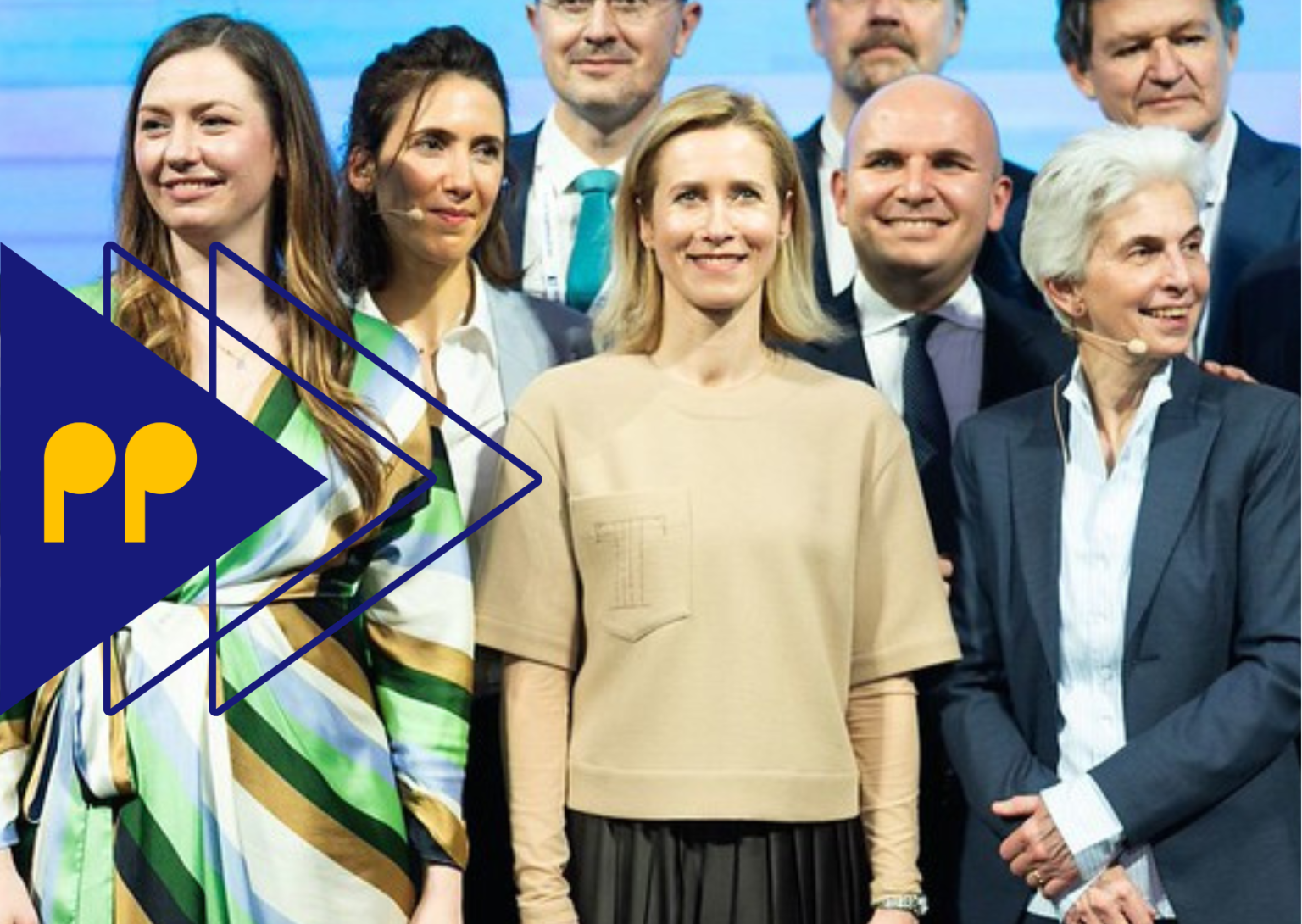The Alliance of Liberals and Democrats for Europe (ALDE), now under the Renew Europe Group (RE), stands as a testament to the power of unity and adaptation rather than ideological consistency. Originally composed of ALDE, with contributions from Emmanuel Macron’s Renaissance and the European Democratic Party (EDP), Renew Europe in 2019 emerged from a need to bridge liberal and centrist ideologies, despite initial resistance.
Beyond its numerical strength, this coalition represents a symbolic force on the EU level, advocating for liberal-centrist and often federalist positions from the national to the supranational. Recent polls suggest the Renew Group could be relegated from third to fourth or even fifth place by the far right Identity and Democracy group (ID) and the Eurosceptic nationalist European Conservatives and Reformists (ECR). The three groups are running neck-and-neck.
As we approach the EP elections, understanding the strategic positioning, ideological orientation, and the leading figures steering Renew Europe is crucial. This article delves into the inner workings, key players, voter base, and the anticipated demands of this political family, highlighting their potential impact on European politics.
The power players
Renew Europe’s strategy is embodied by a trio of leading candidates: Marie-Agnes Strack Zimmermann (ALDE), Valérie Hayer (Renaissance), and Sandro Gozi (EDP). Strack Zimmermann, in particular, has emerged as a formidable advocate for defence in Germany, challenging the status quo and emphasising the need for a unified strong stance on security issues, especially regarding Ukraine. Gozi brings to the table expertise in AI regulation and political advertisement, alongside a critical perspective on the current EU administration, marking a collaborative yet individualistic approach to their political campaigning. Hayer, is yet an unknown profile in France and represent the effort of Macron to build new faces. She hails from a farming family and took over as leader of the Renew Europe group in parliament after Stéphane Séjourné was appointed foreign minister in a government reshuffle in January. She is still relatively unknown in France.
The common feature of this troika is strong support for supplying Ukraine with all the arms and funds it needs to defeat Russia. This strongly pro-Ukraine positioning should differentiate Renew Europe from other parties that are more cautious in providing certain weapons to Kyiv or advocate compromise even if that means giving up some Ukrainian territory to Russia.
Internal dynamics
A bastion for individualism, Renew Europe’s internal dynamics are marked by diverse opinions rather than divisiveness. This diversity reflects a broader understanding of liberalism across Europe, where ideological unity does not necessitate uniformity in policy priorities. This approach contrasts sharply with more homogeneous parties, allowing Renew Europe to navigate the complex political landscape with flexibility and adaptability. That has made the group pivotal to reaching policy compromises in the outgoing European Parliament. Whether it will be able to retain that central role with diminished numbers in the next legislature remains to be seen.
Key contributors to the seat count
Renew Europe’s campaign strategy, characterised by its embrace of individualism, allows member parties significant autonomy in defining their national priorities. This strategy is expected to yield gains particularly in Portugal, Belgium, and Poland, reinforcing ALDE’s majority within the group. The group is likely to face losses in France, the Netherlands and possibly Germany, the country with the most EP seats, where it is part of an unpopular three-party governing coalition.
Voter base insights
Renew Europe appeals to a broad spectrum of voters, often labelled liberal-centrists, with the ideological definition of these terms varying significantly across Europe. Its voters are on average more educated, wealthier and more likely to own their own homes and more likely to be self-employed or own a business. The group brings together lifestyle libertarians, economic liberals and advocates or human rights and the rule of law. This diversity allows the group to tailor its message to the specific concerns of voters in different regions, from combating autocracy in Eastern Europe to promoting pro-business policies in countries like Germany.
Election forecast
The volatility of polls adds an element of unpredictability to Renew Europe’s election prospects. In 2019, the group was able to outperform expectations in certain countries, such as Estonia, where the Reform Party won 36 percent, as opposed to its projected 20 percent.
However, recent polls suggest that the Renew Europe Group will lose the most seats of any group in comparison to 2019, with ID and ECR now edging ahead of them. As of last month, Europe Elects projects 82 seats for RE, down 26 seats from 2019.
Photo: Europe Elects
The post-victory wishlist
Unlike other political groups focused on securing top leadership positions, Renew Europe’s post-election aspirations centre around influencing policy through strategic committee placements within the EP. This approach underscores the group’s commitment to advancing its liberal agenda through impactful, albeit less visible, channels. Renew Europe is likely to receive the post of EU High Representative for Foreign and Security Policy in the carve-up of top jobs.
As we approach the EP elections, understanding the nuances of this political family’s strategy, voter base, and internal dynamics is essential for anyone keen on European political developments. Stay tuned for more insights into the EP elections and other political analyses, and subscribe for the latest updates.

